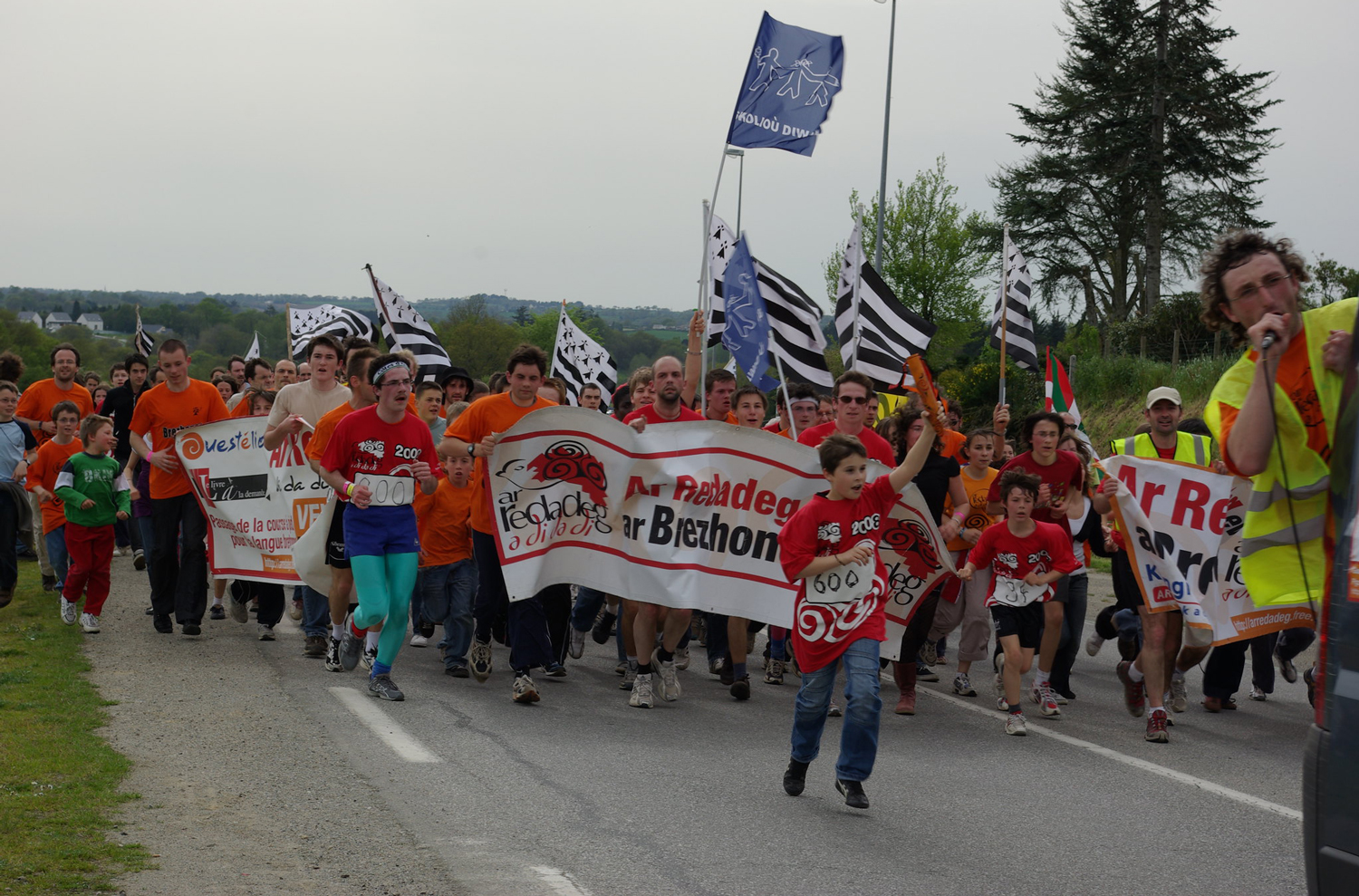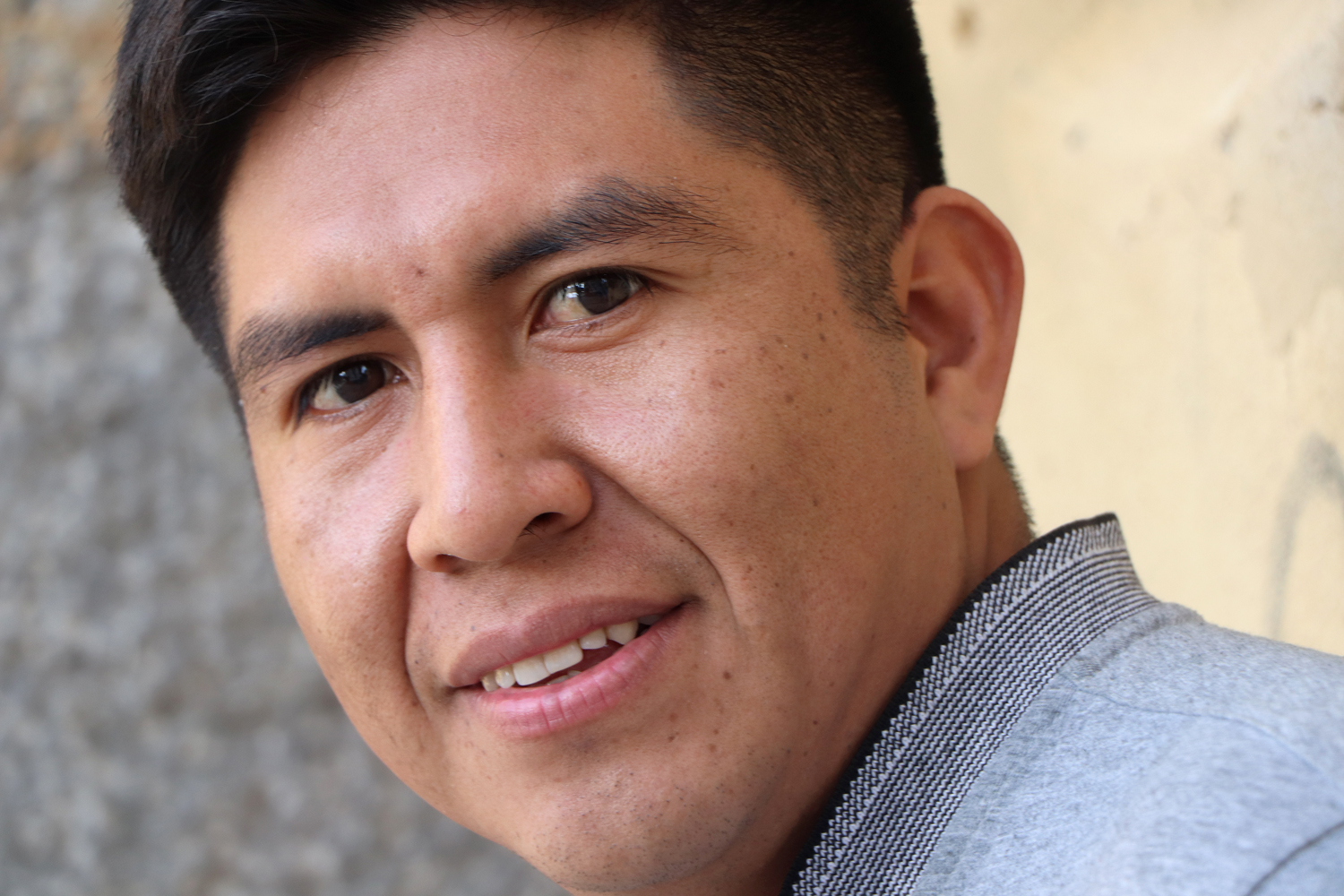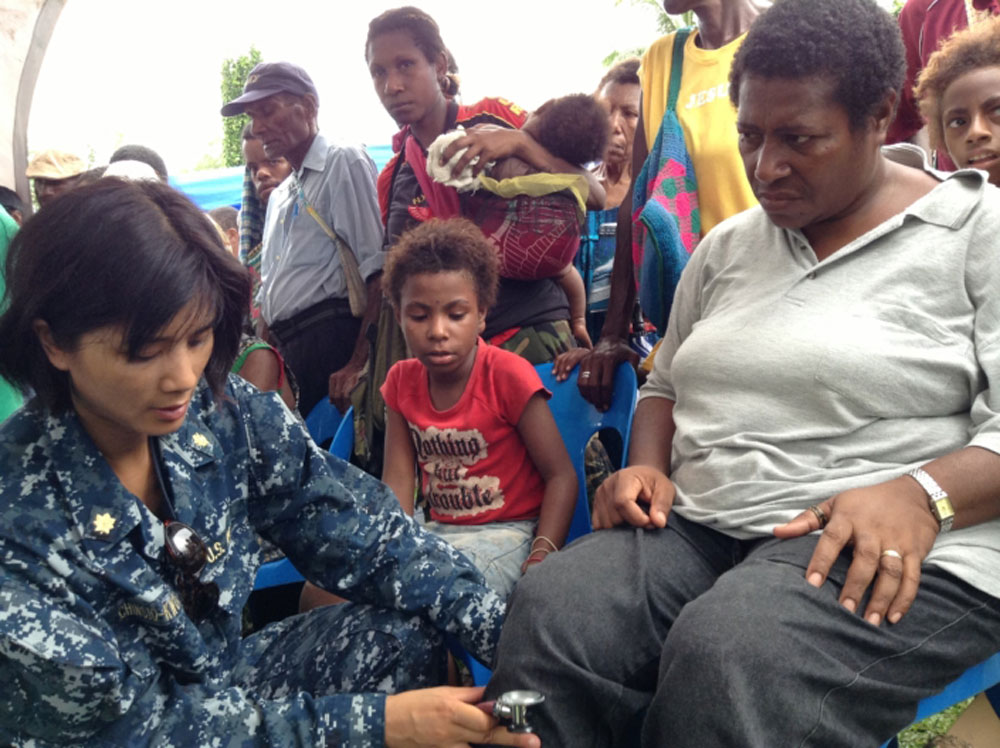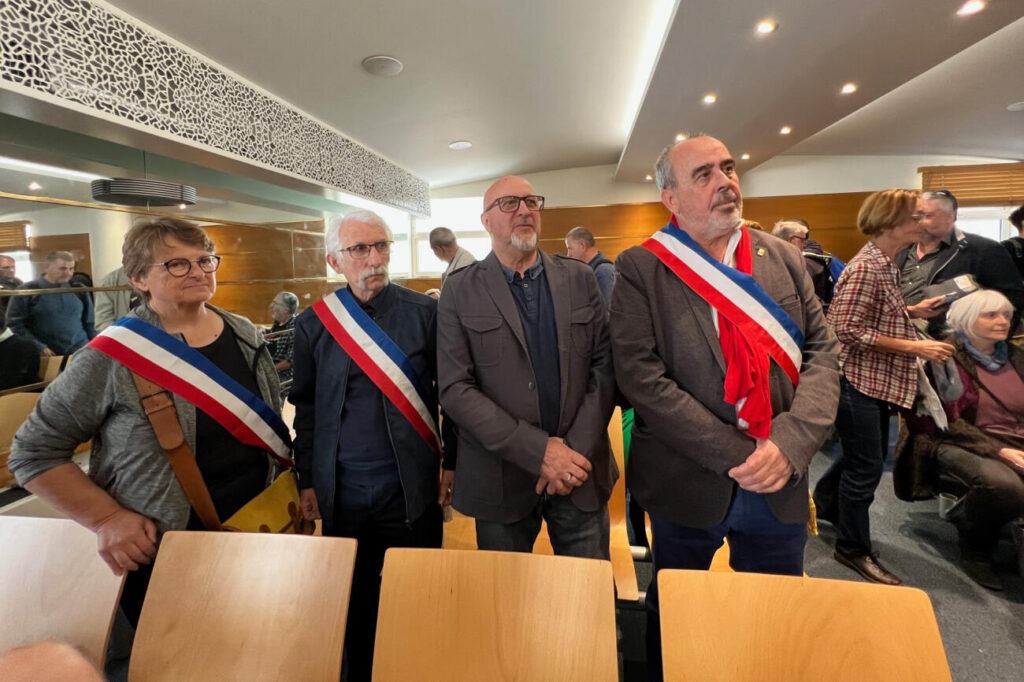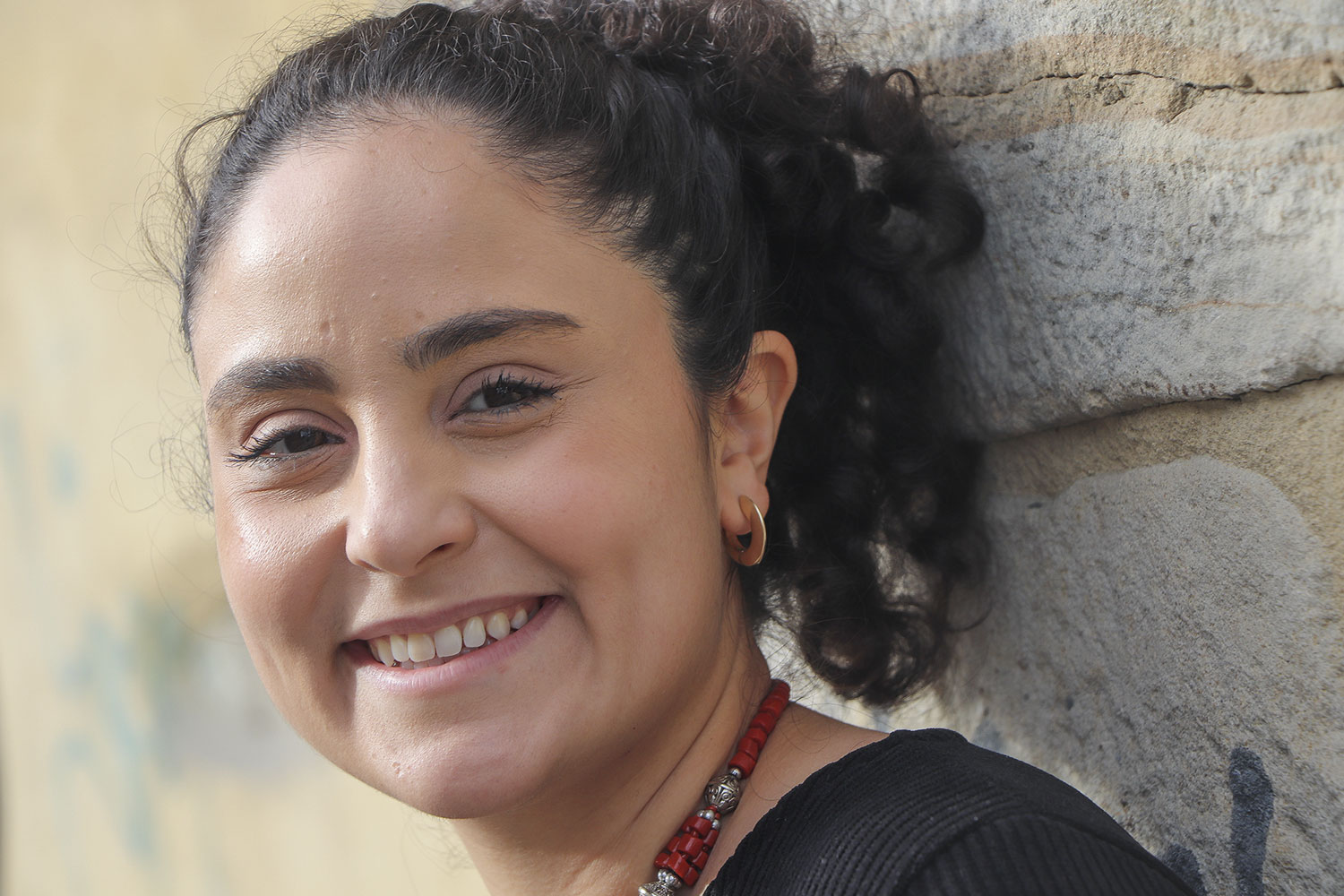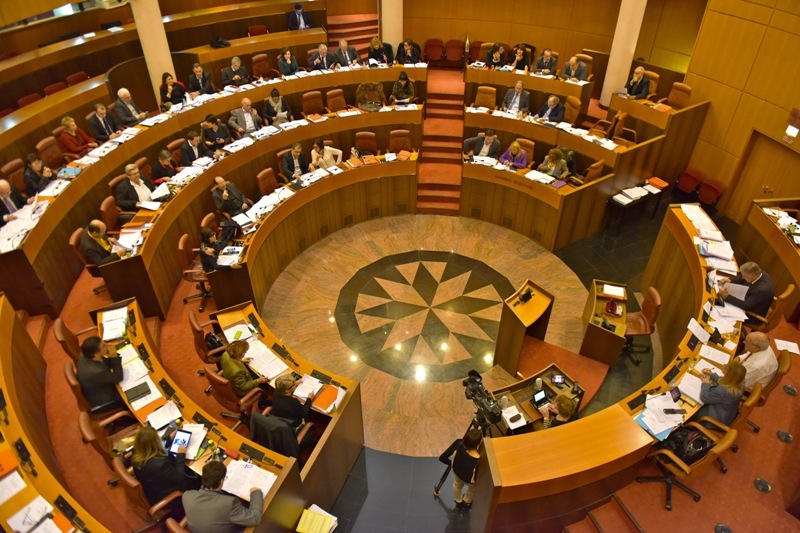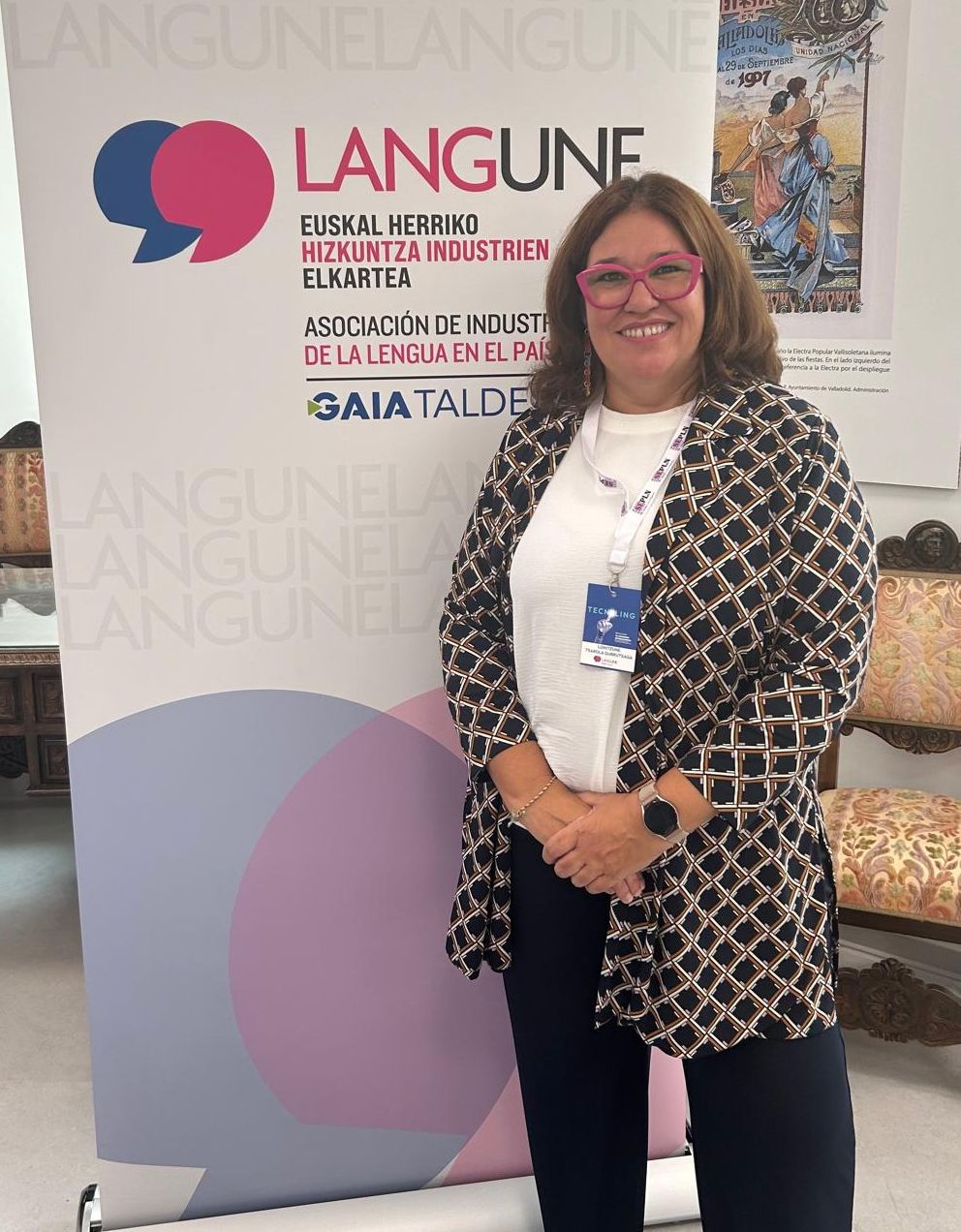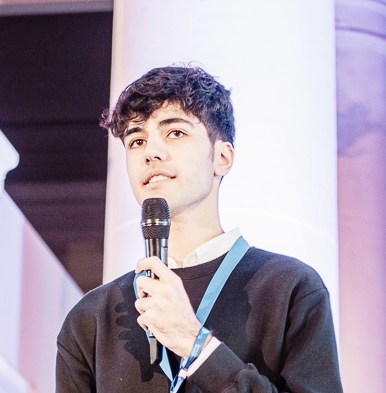Occitania (I): songs and light verses
- Occitany, in the time of modern Europe, seems to me to be a black hole. And I'm in doubt whether we're not falling and falling down that black hole. Joxe Azurmendi devoted a chapter to this issue in his recent publication "Europe as old as Europe", in which he pointed out that some experts considered that the war of France to Occitania could be considered "the first genocide in modern European history".

This tragic phase of the Occitan people began in the 12th century. At that time, the Pope lived in the Holy Land, that is, the country where Jesus lived. He drove the conquering troops out there. They went to that damn Holy Land. Today we know them as crusades, because the purpose of these expeditions, these Christian soldiers, was apparently to make the Islamic lands of the Middle East dependent on the sign of the cross. Warriors went through centuries, now they dominated some territories, then they lost the territories, then they thicken again and lost again… But not only that. The formula of the Crusade proved to be of great use to insufflate a new position or ideological perspective: at the base of the cause of war, to be a casus belli, now was the need and mandate of God, a moral cause related to the salvation of souls. And how can we not obey the mind of God? The first wars were against distant peoples, but gradually the same formula began to be used with neighbouring peoples. The Inquisition in Occitania arose in 1184 or, in the language of the locals, in Langedòc, from the heretics of cataracts. In 1209 the pope called cross against the colds, when they began to hold the black hole of Occitania.
The king of France used the crusade against colds to seize foreign territories and expand their property. Respecting the mind of God, of course. It was the time when the absolutist monarchies began to travel their way, and the Occitan was a bad model. In Occitania, there was no tendency towards centralism, no kings. It was made up of cities and ladies governed by various feudal lords, large or smaller, to which language and culture gave unity. Indeed, the language gave the people its name: Langue d'Oc. Moreover, around the Langue d'Oc language, among the Occitan courtiers they built a high culture: the civilization of courtier love, fine love, medals, that is, of the trovators. The Langedòc literature has been the cradle of Western poetry: The genesis of Western poetry doesn't matter.
In 1209 the Pope called crusade against the colds, when they began to advance the black hole of Occitania
What things are, through a poem written in Occitan we get the details of that war. Canso de la Crosada (Song of the Crusade) was written between 1212 and 1218. The first part was written by Gilen Tudela, betting on France. Then, we do not know why, in July 1213, we will be silenced in Gil, and an anonymous Occitan, a refined poet, takes over the word. And it will build a literary monument. In the opposite direction to Gilen Tudela, the poet wagers on those who will lose the guerra.Los verses of the Canso de la Crosada poem and contemporary warlike events, based on direct testimonies, undoubtedly add force to the story.
For the anonymous poet, this is not a mere war on cataract heresy. For him it is an attack on an entire culture, a clash of civilizations. The Occitan culture he described was based on basic values: The attack of the pretz (enthusiasm, courage), paratge (availability), coexistence (coexistence) and the French were an attack on these values. Without idealisation: We are convinced that medieval feudal occitany would have more than earthly reality, but we will nevertheless agree as ideal, as an ambitious society, that a national identity built on these values is not bad.
The author of the poem shows us, on the one hand, what the value of the knights should be: lyricism, the exaltation of beauty, decoration. But not only that, but also solidarity between the Occitans, both class and gender. There, for example, the passage that tells the preparation for battle: "Knights and ladies carry rivets; maids and maids, materials and ballesta shells." All the frantic activities of war, according to the poem, are carried out without giving up the values of Occitania: without losing forms, accompanied by joy, singing and verse. "Gentlemen and bourgeois, lady and maids, girls, boys and small maids; all big and small, passing sillares together... while singing balads, songs and verses."
The big loss came when these light songs were in the air.
Lagun asko sumatu dut kezkatuta euskaldun gero eta gutxiagok ahoskatzen duelako elle-a. Haur eta gazte gehienek bezala, heldu askok ere galdu du hots hori ahoskatzeko gaitasuna, idatzian ere nahasteraino. Paretan itsatsitako kartel batean irakurri berri dugu: altxorraren biya... [+]
570.000 familiak euren haurren ikasgeletako hizkuntza nagusia zein izango den bozkatzeko aukera dute martxoaren 4ra arte: gaztelera edo katalana. Garikoitz Knörr filologoaren eta euskara irakaslearen arabera, kontsultak "ezbaian" jartzen du katalanaren zilegitasuna... [+]
Iragan urtarrilaren hondarrean, Bretainiako lurraldeko bi hizkuntza gutxituei buruzko azken inkesta soziolinguistikoaren emaitzak publiko egin zituzten bertako arduradunek. Haiek berek aitortu zuten harriturik gertatu zirela emaitzak ikustean. Hain zuzen ere, egoerak eta... [+]
Oinarrizko maia komunitateko U Yich Lu’um [Lurraren fruitu] organizazioko kide da, eta hizkuntza biziberritzea helburu duen Yúnyum erakundekoa. Bestalde, antropologoa da, hezkuntza prozesuen bideratzaile, eta emakumearen eskubideen aldeko aktibista eta militante... [+]
Korsikako legebiltzarkideek ezin dute Korsikako Asanblean korsikeraz hitz egin, Bastiako Auzitegiaren 2023ko epai baten arabera. Ebazpen horri helegitea jarri zion Asanbleak, baina debekua berretsi du orain auzitegi berak. Epaiak tokiko beste hizkuntzei eragiten diela ohartarazi... [+]













